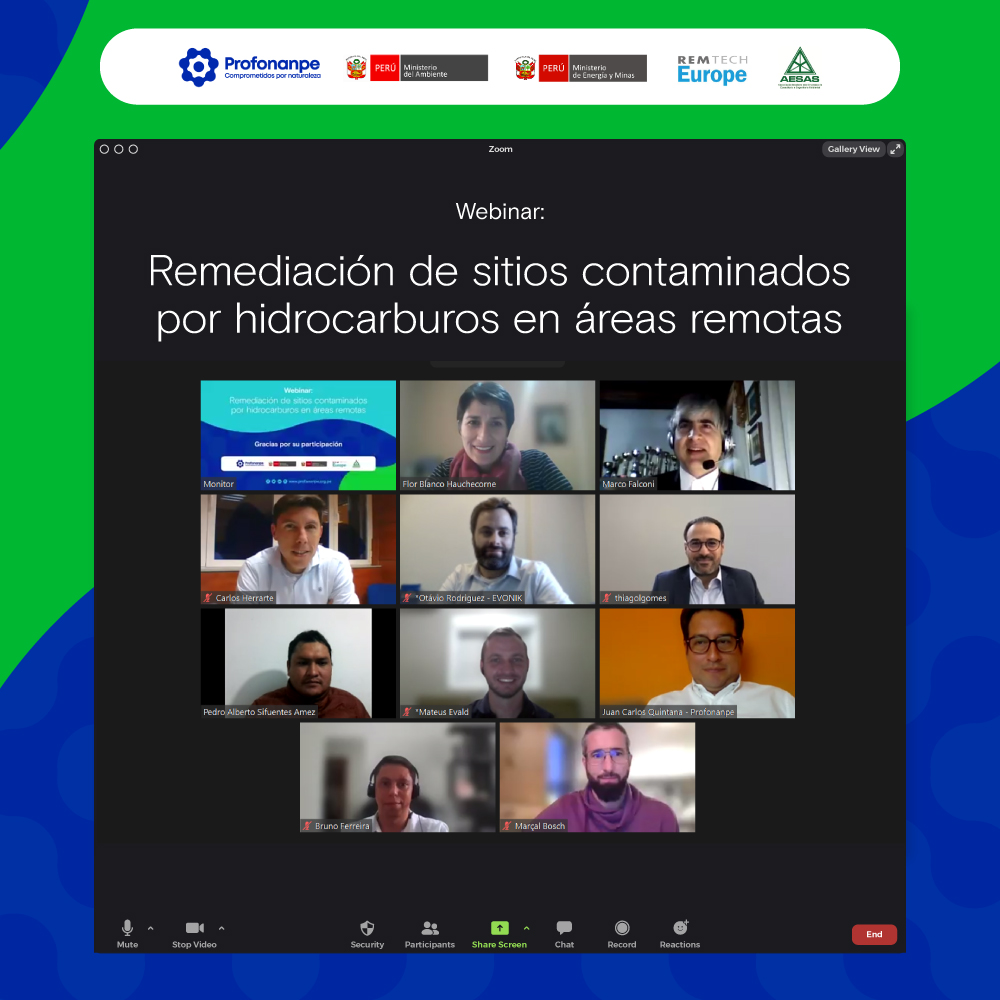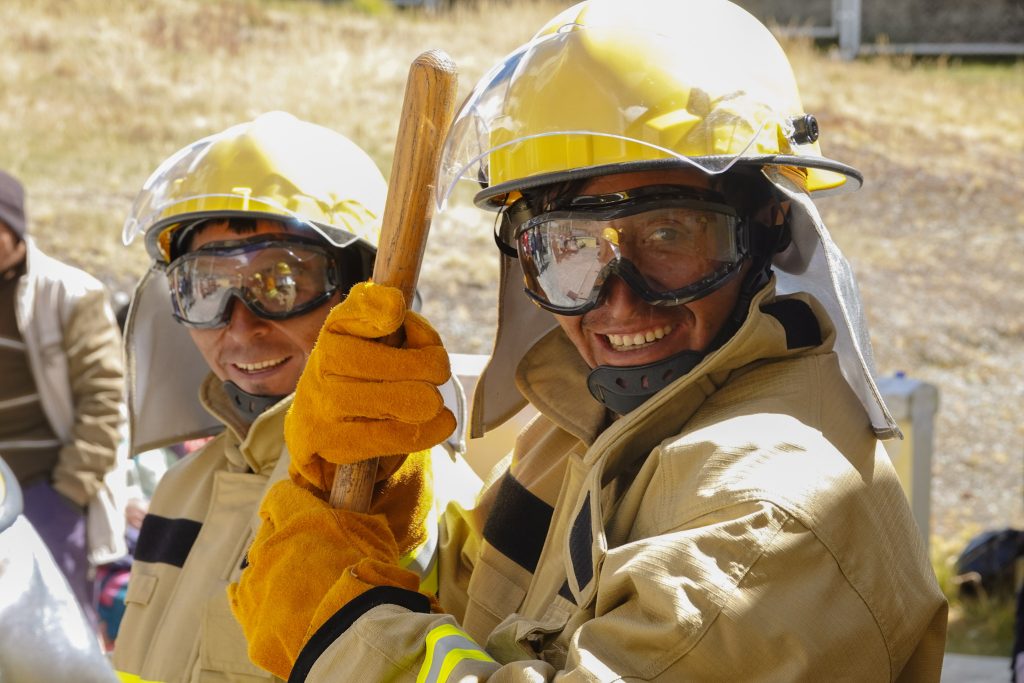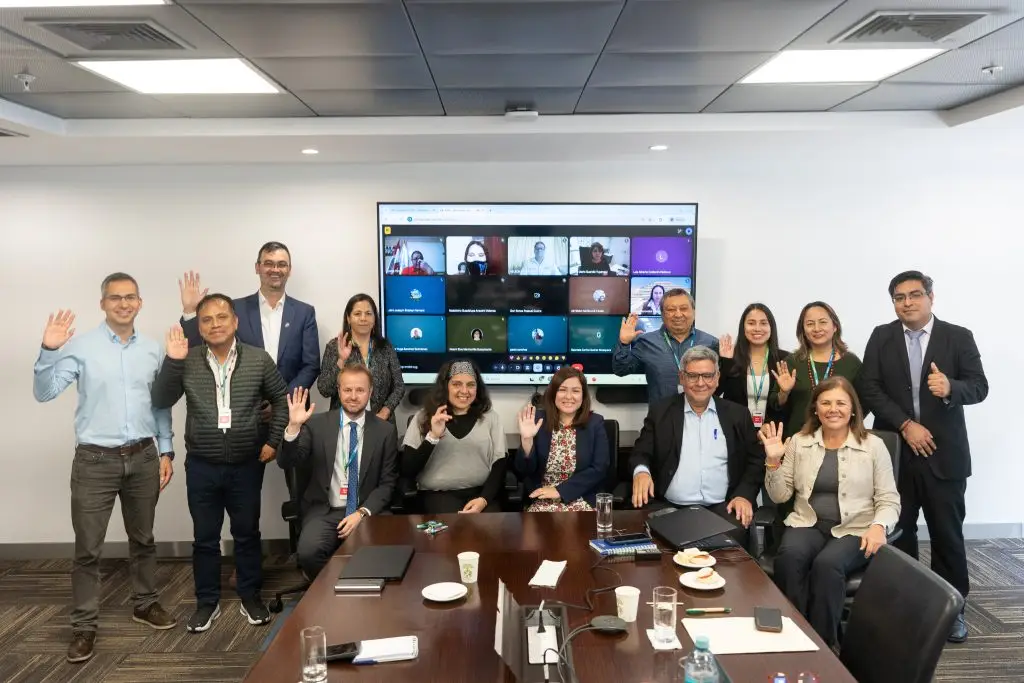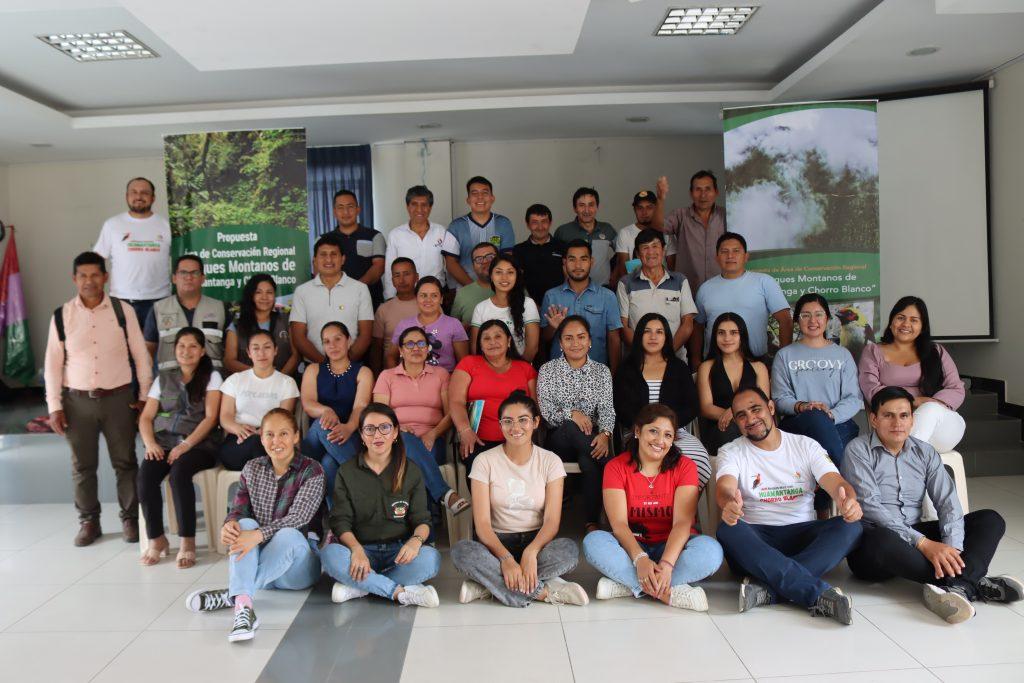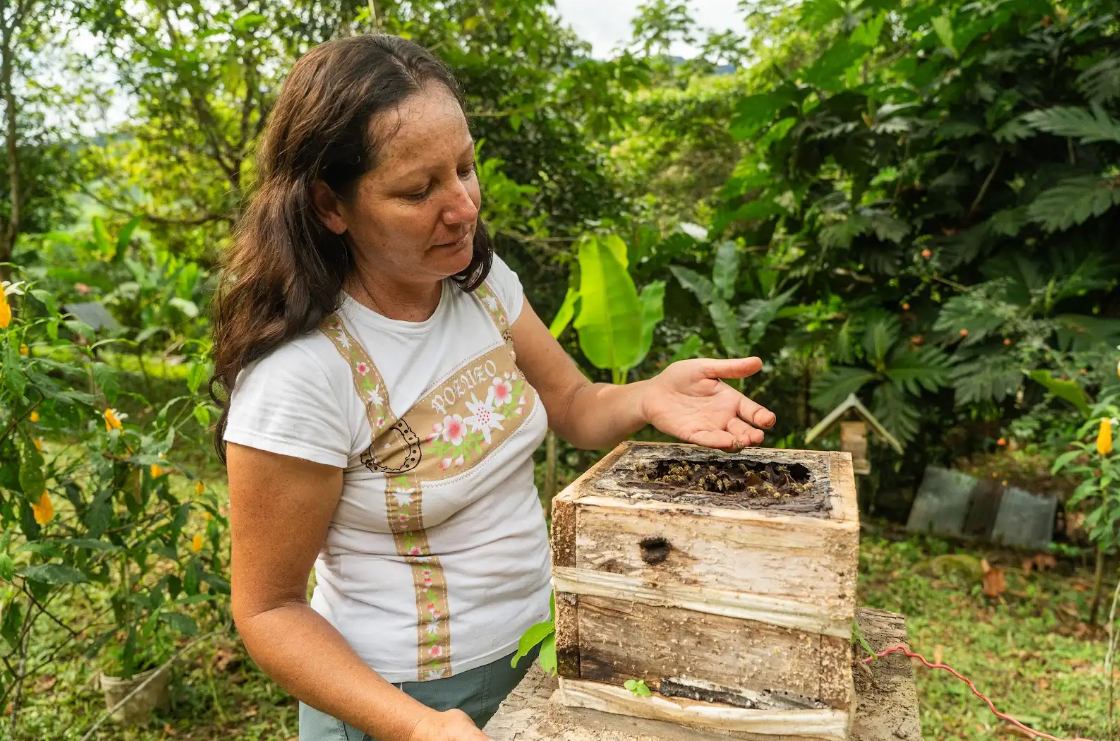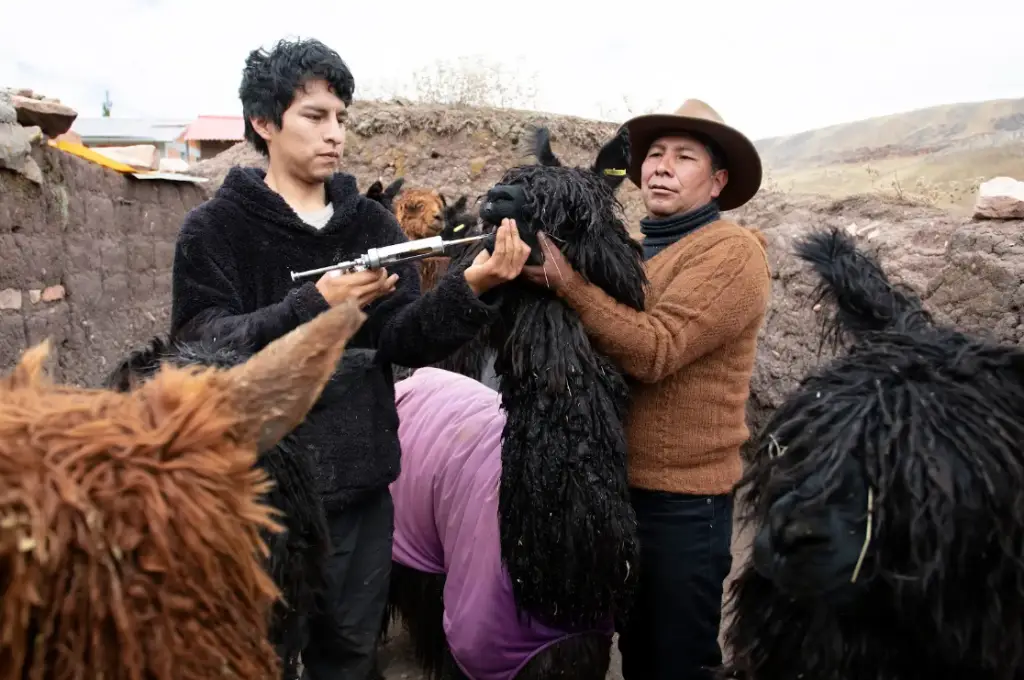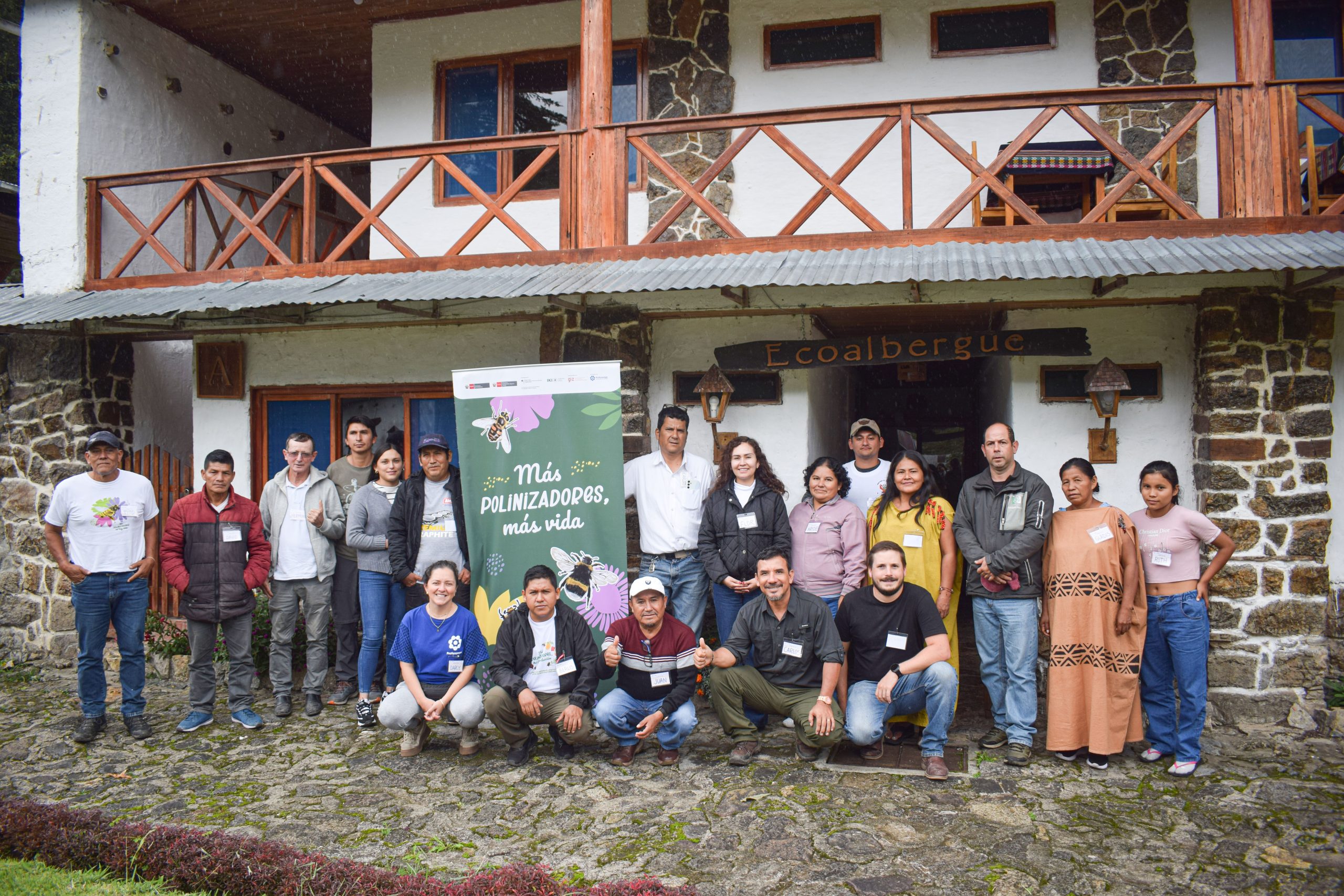Yesterday, the international event “Remediation of Contaminated Sites by Hydrocarbons in Remote Areas” took place, organized by Profonanpe -and its Environmental Liabilities Program team- with the support of RemTech Europe. This webinar, which aimed to present national and international experiences in remediation of environmental liabilities in remote areas, was attended by the AESAS group (Brazil), the Ministry of the Environment (Minam) and the Ministry of Energy and Mines (Minem), among others.
During the event, several presentations were given on the impact of oil spills on ecosystems, current legislation on contaminated sites, the progress being made in environmental remediation in Peru, as well as the environmental liabilities that exist in the Peruvian jungle and their difficult access. As part of Profonanpe’s Environmental Liabilities Program, which is also in charge of the Contingency Fund for Environmental Remediation of the Corrientes, Tigre, Pastaza and Marañón river basins, emphasis was placed on the work coordinated with the Ministry of the Environment (Minam) and the Ministry of Energy and Mines (Minem), which has enabled the development of rehabilitation plans to recover the areas that have been impacted by hydrocarbon activities and that are harmful to the health of the citizens living near the affected sites. Currently, 30 plans have been submitted, of which 12 have already been approved.
For Julio Horna, remediation expert of Profonanpe’s Environmental Liabilities Program, one of the main problems in the remediation process “is that they are located in very remote areas and special logistics are needed to remediate them.”
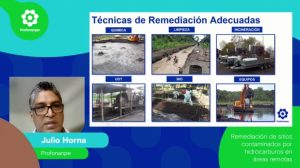
Likewise, international experts shared the challenges they faced during the environmental remediation process in desert areas, tropical regions or frozen zones. Through their experiences, they also presented innovative solutions that allowed them to carry out the remediation treatment in this type of sites.
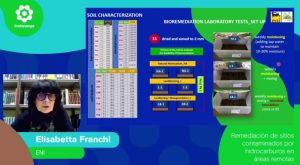
Finally, Flor Blanco, Manager of Profonanpe’s Environmental Liabilities Program, concluded the day by stating that “in environmental remediation it is important to recognize that it is not about a piece of land, but a living territory, develop alliances with native communities and promote research and experimentation”. Thus, considering that for years hydrocarbon activities have generated impacts on the environment -proof of this is the recent Repsol oil spill in the Ventanilla sea- it is necessary to continue to expose these cases and mainly to find solutions for the remediation of the affected areas.



